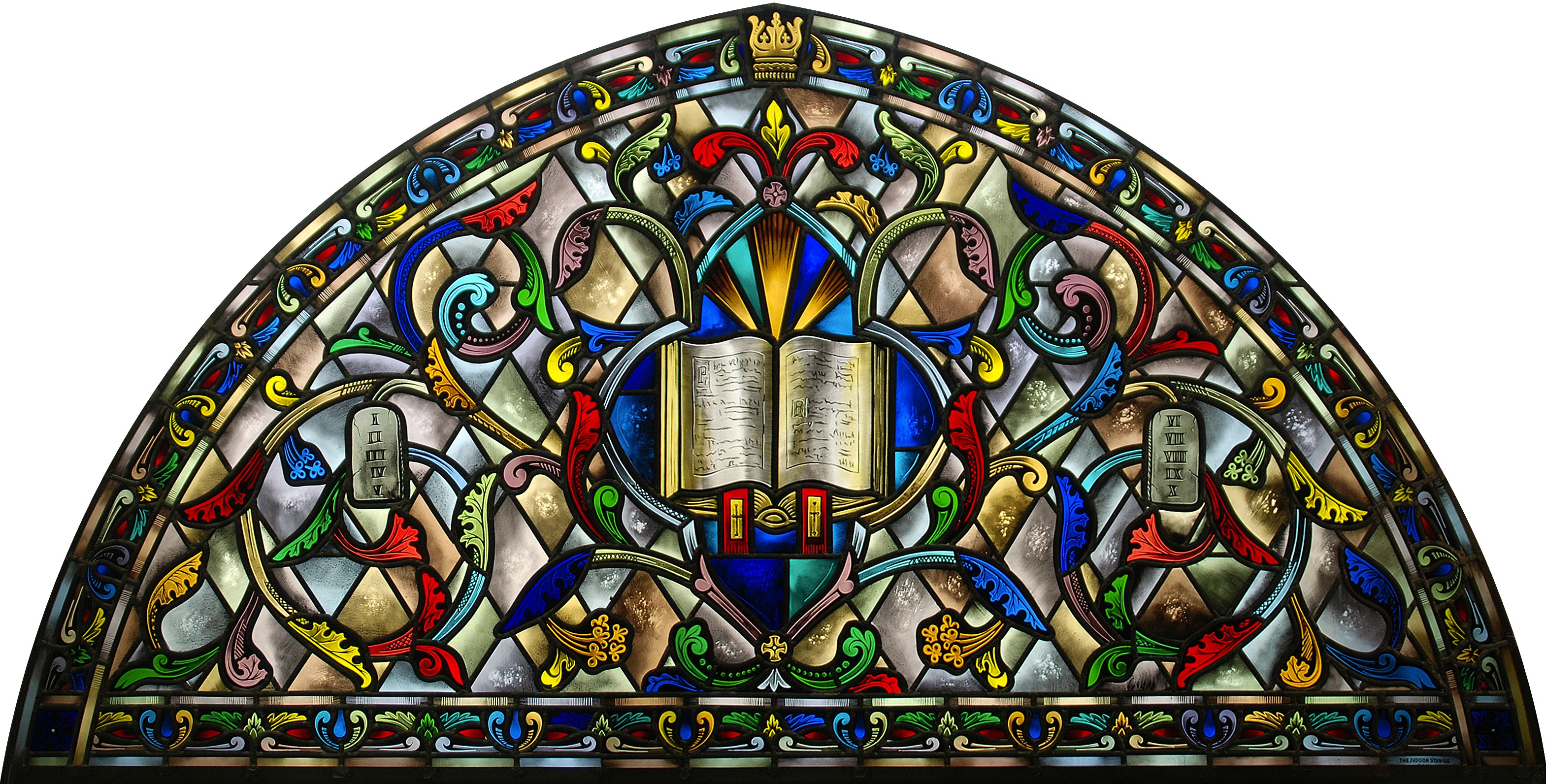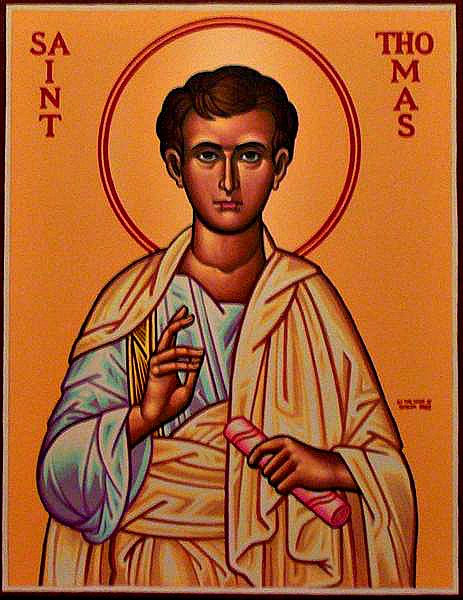 How great it is to have the doubters of this world, a plethora of doubting Thomases! It is through their careful examination and reflection that we have learned, discovered, and reasoned a multitude of things. This term is widely used to describe a person who demands proof before he/she will believe something, but people rarely think about its origin. Seeing it is the start of the Lenten season for Christians, it is the perfect time to discuss the origins of the term “Doubting Thomas.”
How great it is to have the doubters of this world, a plethora of doubting Thomases! It is through their careful examination and reflection that we have learned, discovered, and reasoned a multitude of things. This term is widely used to describe a person who demands proof before he/she will believe something, but people rarely think about its origin. Seeing it is the start of the Lenten season for Christians, it is the perfect time to discuss the origins of the term “Doubting Thomas.”
 St. Thomas, a passionate man by nature, was one of Jesus Christ’s 12 apostles. Not being with the other disciples when they saw the risen Christ, he doubted their story. Instead he demanded proof of Jesus’s resurrection. It was only when he saw Jesus with his own eyes and touched his wounds with his own hands that he publicly confessed his faith and declared “My Lord and My God” as it is written in the book of John 20: 24-29. He believed what he had been told and now saw. Hence the term “doubting Thomas” became a favored phrase in the late 19th century with the earliest terms being “wavering Thomas” and “unbelieving Thomas.”
St. Thomas, a passionate man by nature, was one of Jesus Christ’s 12 apostles. Not being with the other disciples when they saw the risen Christ, he doubted their story. Instead he demanded proof of Jesus’s resurrection. It was only when he saw Jesus with his own eyes and touched his wounds with his own hands that he publicly confessed his faith and declared “My Lord and My God” as it is written in the book of John 20: 24-29. He believed what he had been told and now saw. Hence the term “doubting Thomas” became a favored phrase in the late 19th century with the earliest terms being “wavering Thomas” and “unbelieving Thomas.”
